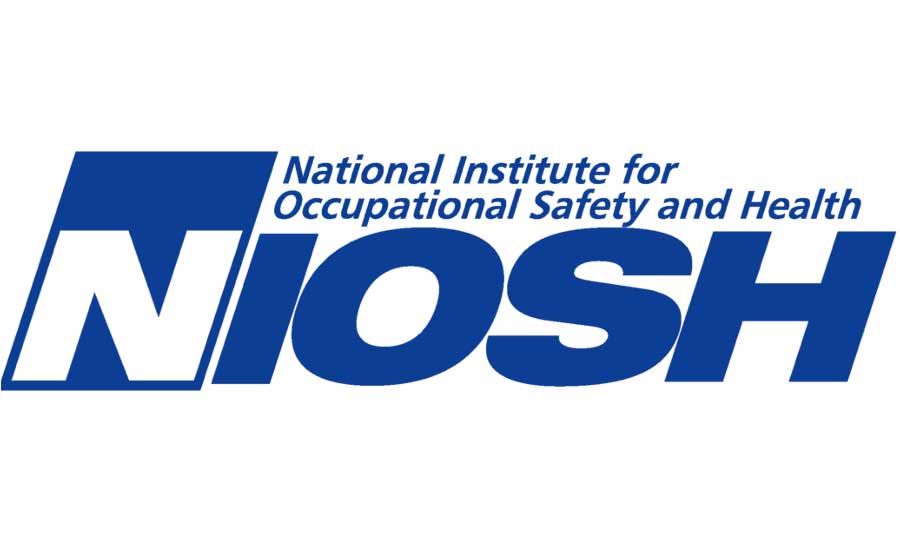The oil boom in North Dakota and elsewhere has claimed the lives of dozens of oil field workers.
Fatalities from the boom are drawing renewed attention from government scientists.
In the largest study of its kind, the National Institute for Occupational Safety and Health (NIOSH), which investigates the causes of workplace health problems, said it intends to examine the factors that cause injuries and accidents in the oil fields in an effort to improve safety.
Scientists from the institute will distribute questionnaires starting next year to 500 oil field workers in North Dakota, Texas and one other state that will be determined in the coming months.
A recent investigation showed how major oil companies avoid accountability for workers' deaths in the Bakken oil fields of North Dakota and Montana. On average, someone dies about every six weeks from an accident in the Bakken—at least 74 since 2006, according to the first comprehensive accounting of such deaths using data obtained from Canadian and US regulators. The number of deaths is likely higher because federal regulators don't have a systematic way to record oil- and gas-related deaths, and the OSHA doesn't include certain fatalities.
OSHA has pledged to step up enforcement against major oil companies and scrutinize speed bonusesin the Bakken, which some critics fear undermine safety.
As part of the new study, workers will be asked the hours they work and whether they wear protective gear as well as whether employers typically provide written safety policies and make their employees aware of their right to stop a job when they spot a potential safety hazard. Truck drivers in the industry will be asked whether they are paid by the hour or the load and whether their employers require that they drive in bad weather.
Scientists plan to ask energy companies for permission to invite workers at man camps, which house laborers; trucking centers and other facilities to participate in the survey. The results of the study, which will be finished by early 2017, will be published in peer-reviewed health and safety journals. In addition, scientists intend to share their findings with federal OSHA officials and make specific recommendations on potential improvements at safety or oil and gas industry conferences.
Source: The Center for Investigative Reporting


